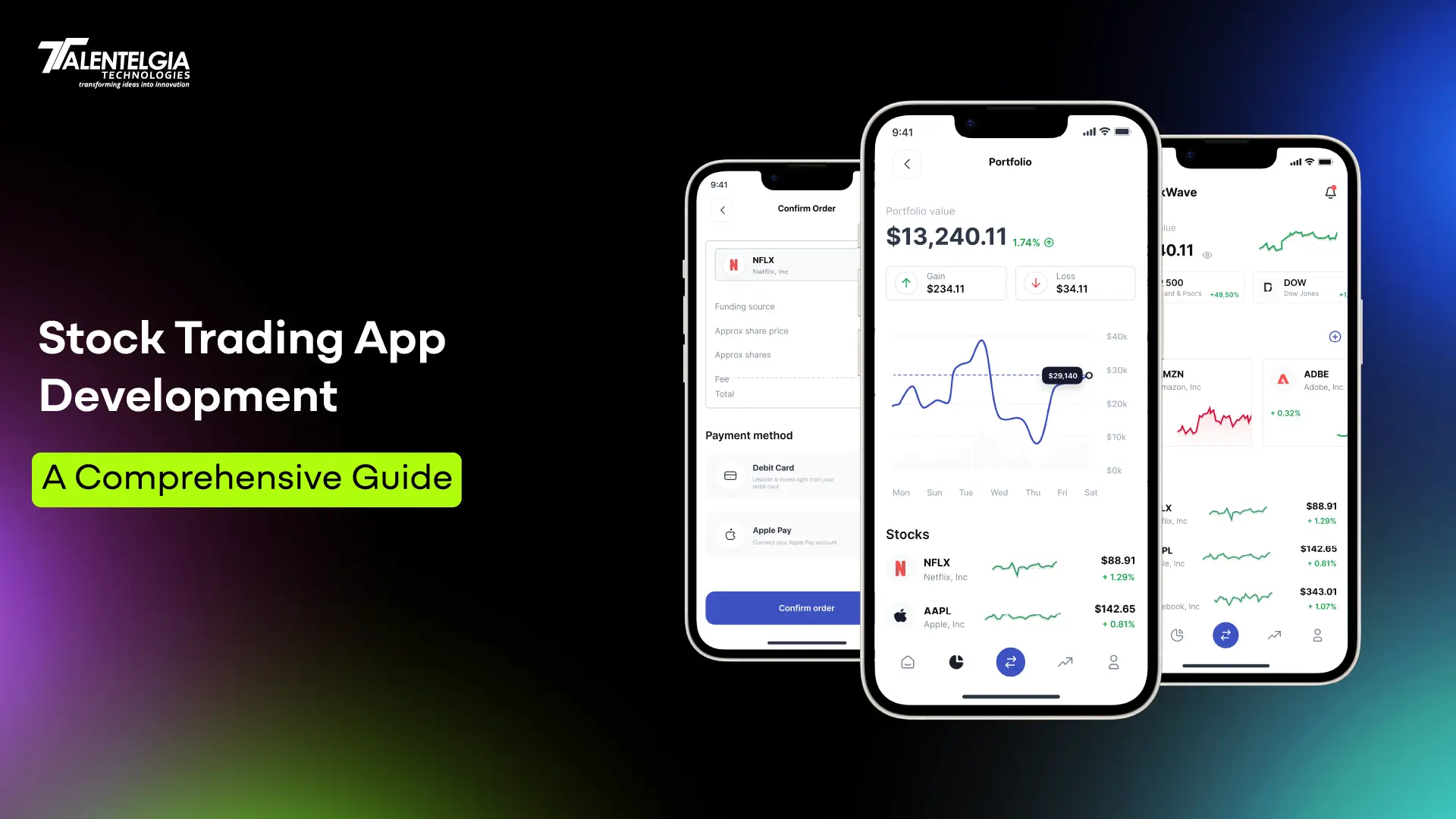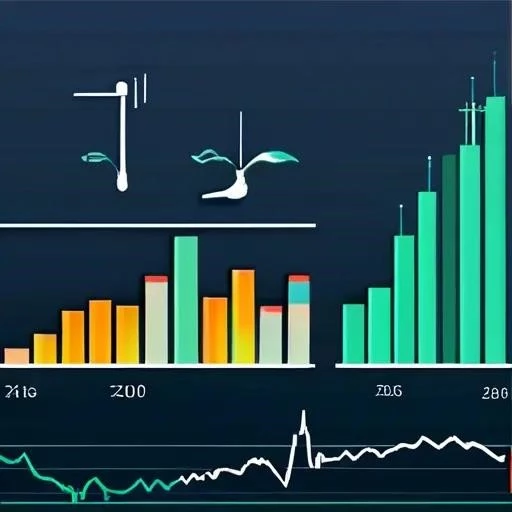The landscape of investing has undergone a radical transformation in recent years, largely fueled by the accessibility and affordability ushered in by free stock trading apps. These platforms have democratized the financial markets, allowing individuals with even modest capital to participate in stock trading. The appeal of these apps lies in their elimination of commission fees, once a significant barrier for entry-level investors. Exploring the nuances of these platforms is crucial before diving in, as understanding their features, limitations, and potential risks is key to making informed investment decisions when using a free stock trading app.
Understanding the Allure of Free Stock Trading Apps
The promise of commission-free trading is undoubtedly attractive, but it’s essential to understand how these apps generate revenue. While they don’t charge per-trade fees, they often employ other methods, such as:
- Payment for Order Flow (PFOF): Receiving compensation from market makers for directing orders to them.
- Margin Lending: Charging interest on borrowed funds for margin trading.
- Premium Services: Offering subscriptions for enhanced research tools, data, and personalized support.
These revenue streams allow the apps to offer commission-free trading, but it’s crucial to be aware of potential conflicts of interest and ensure that your orders are being executed at the best possible price.
Choosing the Right Free Stock Trading App
With numerous options available, selecting the right app requires careful consideration of your individual needs and investment goals. Here are some factors to consider:
Platform Features and Functionality
- Investment Options: Does the app offer access to the specific assets you want to trade (e.g., stocks, ETFs, options, cryptocurrency)?
- Research and Analysis Tools: Are there adequate resources available for conducting research and making informed decisions?
- User Interface and Experience: Is the app easy to navigate and use, especially for beginners?
- Account Security: What security measures are in place to protect your account and personal information?
Account Minimums and Fees
While most apps offer commission-free trading, some may have account minimums or charge fees for certain services, such as wire transfers or account closures. It is important to review the terms of service.
Customer Support
Reliable customer support is crucial in case you encounter any issues or have questions about the platform. Consider the availability of support channels (e.g., phone, email, chat) and response times.
Many investors find themselves comparing different platforms. Below is a simple example showing the key differences between two hypothetical apps:
| Feature | App A | App B |
|---|---|---|
| Commission Fees | $0 | $0 |
| Minimum Account Balance | $0 | $100 |
| Access to Options Trading | Yes | No |
| Customer Support Availability | 24/7 Chat | Email Only |
Choosing the best platform requires careful consideration of your investment strategy.
Potential Risks and Considerations
While free stock trading apps offer undeniable advantages, it’s essential to be aware of potential risks:
- Gamification: Some apps employ gamification techniques that can encourage impulsive trading and increase risk-taking behavior.
- Order Execution: While commission-free, the price at which your orders are executed may not always be the best available.
- Data Privacy: Be mindful of the data that the app collects and how it is used.
It is essential to approach investing with caution and to develop a well-thought-out strategy that aligns with your risk tolerance and financial goals.
Ultimately, the appeal of a free stock trading app lies in its accessibility and cost-effectiveness. However, it is important to conduct thorough research, understand the potential risks, and make informed decisions to maximize your chances of success.
DEVELOPING A SOUND INVESTMENT STRATEGY
Before you even download a free stock trading app, it’s paramount to have a clear investment strategy in place. This strategy should encompass several key elements:
DEFINING YOUR FINANCIAL GOALS
What are you hoping to achieve with your investments? Are you saving for retirement, a down payment on a house, or simply trying to grow your wealth over time? Defining your goals will help you determine your investment timeline and risk tolerance.
ASSESSING YOUR RISK TOLERANCE
How comfortable are you with the possibility of losing money? Different investments carry different levels of risk. Stocks, for example, are generally considered riskier than bonds. Understanding your risk tolerance will help you choose investments that are appropriate for your comfort level.
DIVERSIFYING YOUR PORTFOLIO
Don’t put all your eggs in one basket. Diversification involves spreading your investments across different asset classes, industries, and geographic regions. This can help to mitigate risk and improve your overall returns.
DOLLAR-COST AVERAGING
Instead of trying to time the market, consider using dollar-cost averaging. This involves investing a fixed amount of money at regular intervals, regardless of the current market price. This can help to smooth out your returns over time and reduce the risk of buying high.
BEYOND THE APP: CONTINUOUS LEARNING AND IMPROVEMENT
Using a free stock trading app is just the first step in your investment journey. To become a successful investor, it’s essential to commit to continuous learning and improvement;
– Stay Informed: Keep up-to-date on market news, economic trends, and company performance.
– Read Books and Articles: There are countless resources available to help you learn more about investing.
– Take Online Courses: Many reputable organizations offer online courses on investing.
– Learn from Your Mistakes: Everyone makes mistakes in investing. The key is to learn from them and avoid repeating them in the future.
Remember that investing is a long-term game. Don’t get discouraged by short-term market fluctuations. Stay focused on your goals, stick to your strategy, and continue to learn and improve over time. With the accessibility provided by these apps, coupled with sound financial knowledge, the world of stock trading opens up to everyone.





